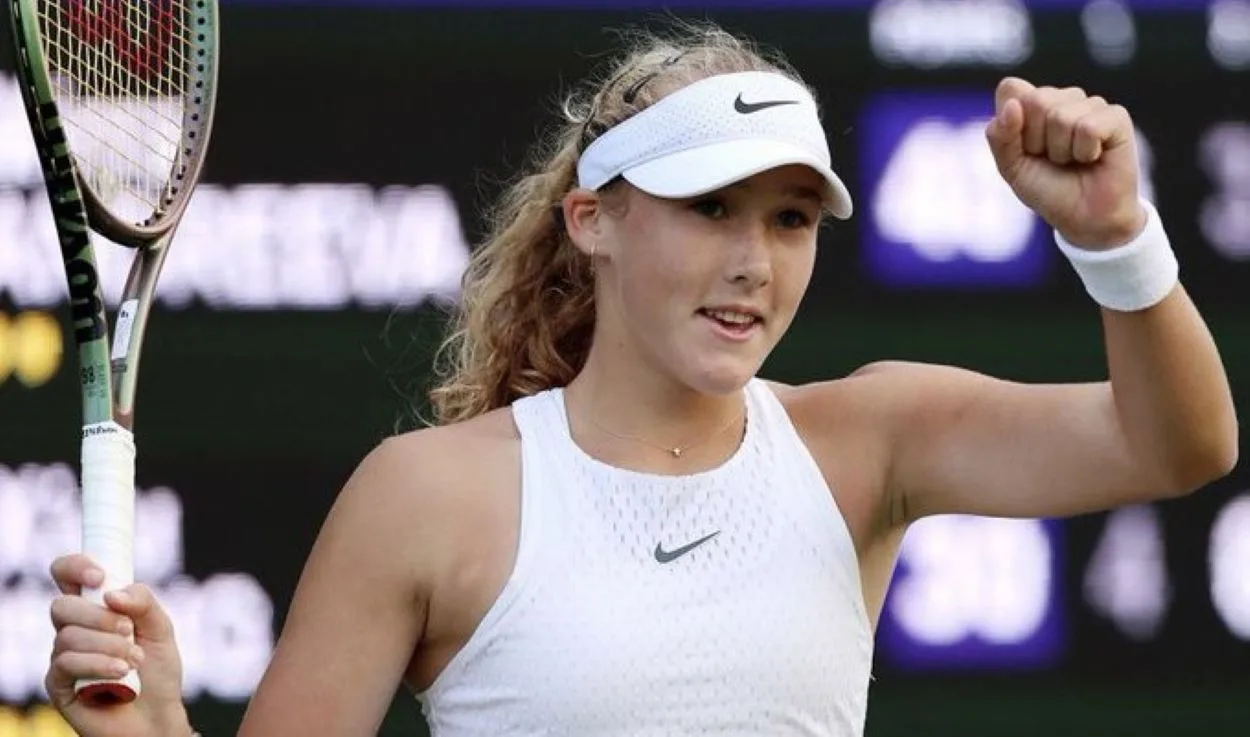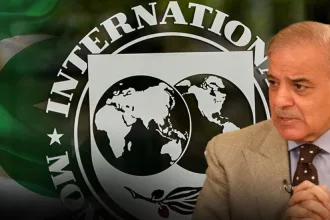The promising 16-year-old Russian tennis sensation, Mirra Andreeva, displayed a mix of talent and emotional struggle during her fourth-round match at Wimbledon.
Despite securing an initial lead with one set and a 5-1 advantage, Andreeva couldn’t sustain her performance and succumbed to Madison Keys in a tense contest that ended 3-6, 7-6 (4), 6-2. The match witnessed a controversial moment when Andreeva was penalised with a point for throwing her racket, a decision she vociferously disputed.
Throughout the match, Andreeva communicated her dissent to the umpire, Louise Engzell, over the decision to sanction her following a slip and a consequential racket throw. The young athlete maintained that her act was accidental and refuted the umpire’s interpretation. In a visible display of her disagreement, Andreeva refrained from shaking hands with Engzell, asserting her belief in the umpire’s erroneous decision.
Rising Talent and Maturity Beyond Years
Making her WTA debut merely a couple of months back, in May, Andreeva has made a significant impression with her performances. She advanced to the third round in the French Open and kept up her strong run at Wimbledon. These efforts are expected to improve her ranking to around No. 64, thus securing her direct entries into major tournaments.
Dealing with on-court emotions is a challenge even stalwarts like Roger Federer have faced. Andreeva recognises her need to manage her temperament better and has devised her strategy of self-counsel. Each night, she engages in self-talk, drawing parallels with conversations she would have with her coach or mother, analysing her game and guiding herself.
While the loss at Wimbledon might have been hard, Andreeva showed impressive maturity during post-match interviews, dealing with queries assuredly and thoughtfully. Todd Woodbridge, former doubles star, compared her game and court acumen to Tracy Austin’s, praising her bold approach. He, however, stressed the importance of gradual growth and proper management of expectations.
Gathering valuable experience from Wimbledon, Andreeva is now prepping for the upcoming hard-court season in the US. She cherishes profound admiration for Andy Murray and eagerly looks forward to a future meeting with him. In advice to Andreeva, her opponent Madison Keys, they are suggested ignoring external opinions unless they are genuinely meaningful.
Andreeva’s tennis journey may be starting, but the amalgamation of her talent, determination, and budding maturity indicates a bright path ahead. As she fine-tunes her skills and improves her emotional management, she is set to scale new heights in the sport.






